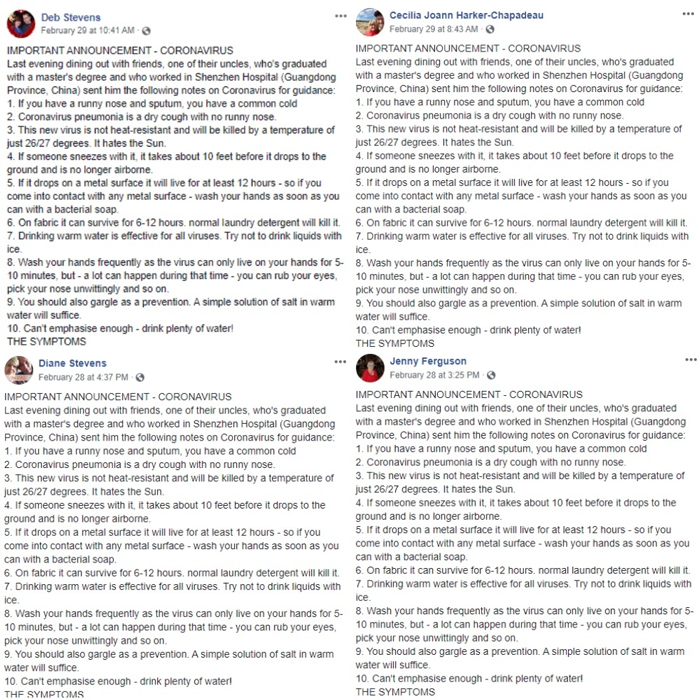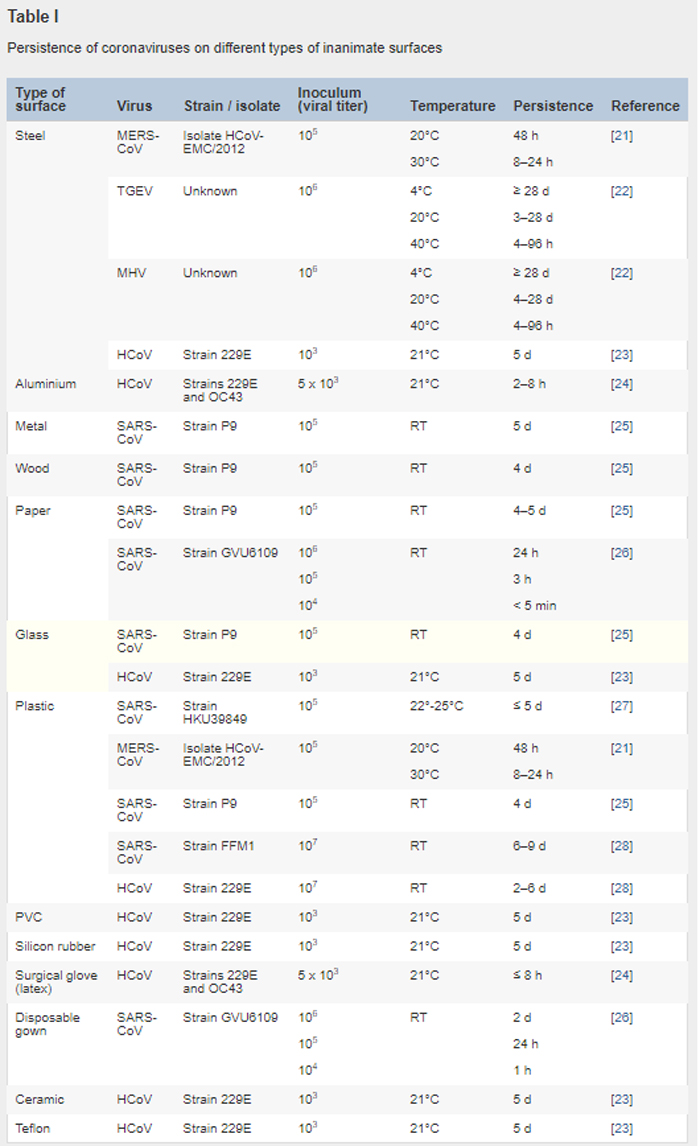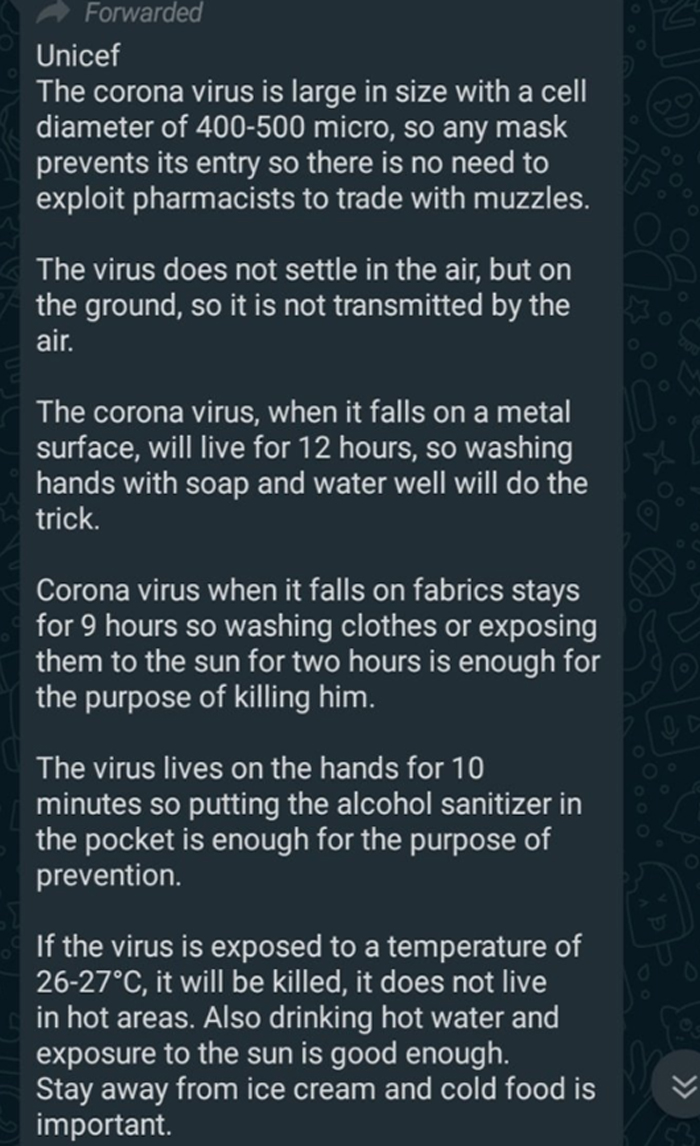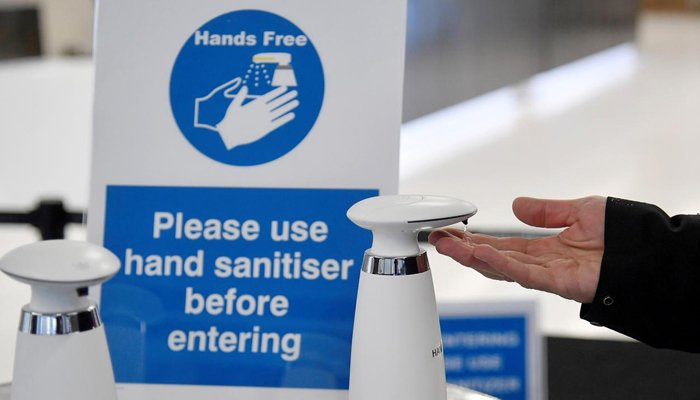Facebook posts shared thousands of times claim to offer expert advice on the novel coronavirus, including symptoms, prevention and how it spreads. This is misleading; experts and health agencies say there is not enough research on the virus to make these specific claims.
The posts — which have been distributed by various users copying and pasting it — is made up of 14 points on the novel coronavirus, also known as COVID-19, all allegedly provided by the uncle of a friend “who worked in Shenzhen Hospital (Guangdong Province, China).”

The post has been shared in Canada, the United States and Britain, but several of the claims it makes are inaccurate.
Common cold vs novel coronavirus symptoms
The Facebook posts warn readers that having a runny nose and sputum means the patient has a common cold, while the novel coronavirus manifests itself as pneumonia featuring a dry cough and no runny nose. This is false.
Brandon Brown, a professor at the University of California Riverside’s Center for Healthy Communities, told AFP by email that the novel coronavirus “can cause a runny nose and sputum,” because “‘the symptoms are first similar to a common cold.”
The misleading posts also describe novel coronavirus symptoms as chronological, with a throat infection as the first symptom, lasting three to four days, followed by pneumonia lasting five to six days.
Symptoms of the novel coronavirus, according to the US Centers for Disease Control and Prevention (CDC) and the World Health Organization (WHO), include fever, cough, shortness of breath, and breathing difficulties.
Health Canada also said that certain patients may have little to no symptoms, and people may not know if they have symptoms of the virus “because they are similar to a cold or a flu.”
Virus resilience on various surfaces and temperatures
According to the post, the novel coronavirus dies at temperatures above 26/27 degrees, but it can survive for five to 10 minutes on someone’s hand, six to 12 hours on fabric, and 12 hours on metal.
However, medical experts have not made such specific claims about the new virus. The CDC states on its novel coronavirus information page: “It is not yet known whether weather and temperature impact the spread of COVID-19.”

The World Health Organization also states in an informational note that “the new coronavirus can stay on surfaces for a few hours or up to several days (depending on the type of surface).”
Researchers from the Greifswald University Hospital in Germany published findings on the persistence of coronaviruses on certain surfaces in March 2020, although their research did not include COVID-19.
They found that coronaviruses such as SARS, which killed 774 people in 2003, or MERS, discovered in 2012, can survive on “inanimate surfaces like metal, glass or plastic for up to 9 days,” although this depends on the temperature.
Drinking water
The posts also claim that “drinking warm water is effective for all viruses,” say people should avoid drinking water with ice, and advise drinking plenty of water in general.
Water temperature is not a factor when it comes to hydration. Brown told AFP that there is “no need to change the temperature of your drinking water,” while adding that, “drinking water is always important, not just for coronavirus prevention.”
AFP debunked several posts claiming harm or benefit from drinking water at a certain temperature.
Regarding the advice to gargle with warm salt water, Brown answered that it is a common remedy for sore throat in general, not for the novel coronavirus in particular.
Similar claim, different platform
A variant of the posts appears in WhatsApp messages that make nearly identical claims, attributing them to UNICEF, the UN’s children’s agency.

Christopher Tidey, a spokesman for UNICEF, told AFP in an email that it did not send out such a message.
“That post is NOT from UNICEF and it is not accurate,” Tidey said.
Tidey warned that misinformation on the novel coronavirus can be dangerous: “It can spread paranoia, fear, and stigmatization, and have other consequences like offering a false sense of protection.”
Instead, UNICEF recommends washing hands frequently, covering one’s mouth when coughing and sneezing, avoiding close contact with anyone showing cold or flu-like symptoms, and seeking medical care early when developing a fever, cough, or difficulty breathing.
According to the Public Health Agency of Canada (PHAC), 72 cases had been confirmed in Canada as of March 9, 2020, and one death was reported in the country. In the US, the CDC reported 423 cases and 19 deaths on March 9.
Canadians can consult this page from the PHAC for more information on the virus’ progression in the country. Americans can consult this page from the CDC for similar information in the US.

